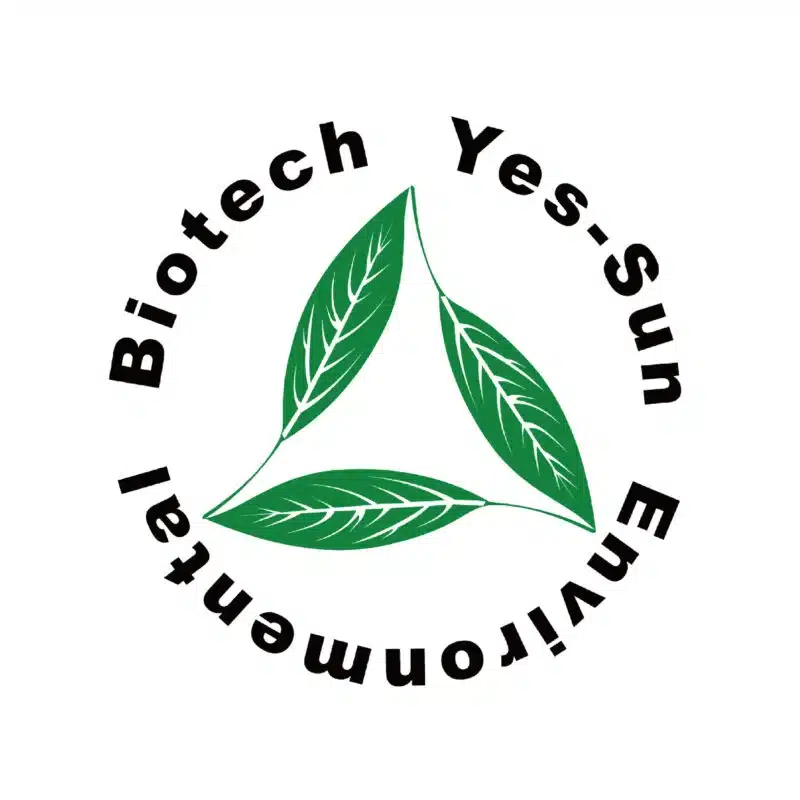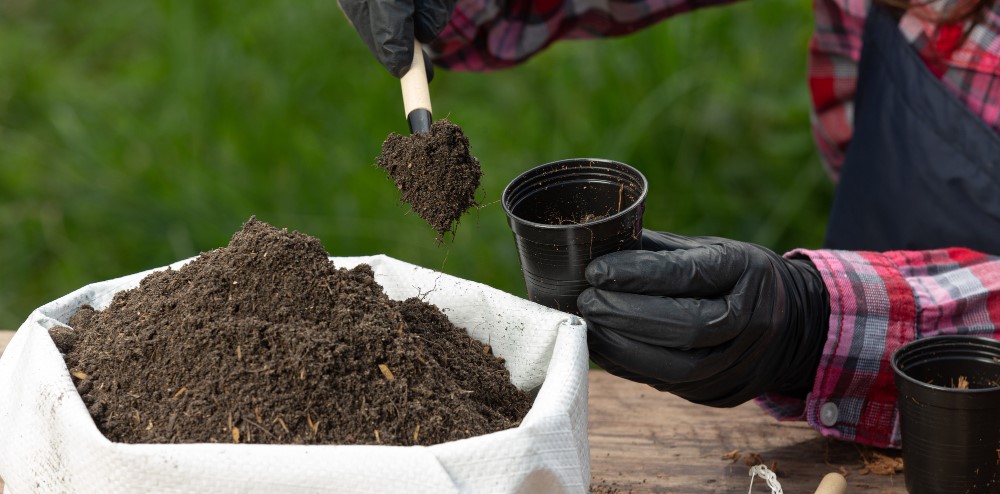Margaritis et al, 2023, An Experimental Investigation of the Composting Process in an Innovative Home Composting System: The Influence of Additives
https://www.compostmagazine.com/researchers-unveil-secrets-to-effective-home-composting/
In a study focused on improving home composting methods, Greek researchers have identified key bulking agents that significantly enhance the composting process. This research comes amidst growing concerns about global warming and waste management, particularly the need to reduce food waste in landfills.
Bulking agents are crucial in composting as they are dry, high carbon materials that facilitate air circulation within the compost, thereby improving aeration and decomposition. The study tested four different bulking agents: zeolite, vermiculite, perlite, and wood chips, using a bioreactor to simulate home composting conditions.
The findings revealed that zeolite and perlite were the most effective bulking agents, notably improving nutrient quality and balancing the carbon-nitrogen ratio in the compost. Zeolite was particularly noted for its ability to remove heavy metals from the compost. Perlite and vermiculite, due to their structure, increased air pockets and consequently the temperature in the compost heap, which speeds up the composting process. Wood chips also showed positive results, especially when combined with zeolite and perlite, though they were less effective on their own.
The researchers achieved composting within 21 days using these bulking agents, although the compost required further maturing before use. It’s important to note that the experimental conditions, including the use of a bioreactor and the rate of material addition, may differ from typical home composting scenarios. The study did not test sawdust, a common bulking agent, which might behave differently due to its smaller size.
Overall, this study provides valuable insights into effective, low-cost bulking agents for home composting, emphasizing their importance in creating high-quality compost while mitigating potential issues like odor and variable quality. These findings are particularly relevant for regions lacking municipal composting facilities, as they offer a sustainable way to manage organic waste and improve soil quality.
Discover the future of waste management with composting free technology
Handling organic waste properly can be challenging due to the unpleasant smell and dirty water produced during the composting process. Despite the availability of various composting technologies and equipment in the market, time and pollution remain significant concerns. However, a novel technology that combines patented equipment and enzymes offers a potential solution. This innovative approach can convert organic waste into fertilizer in just a few hours, and most importantly, without causing pollution.
Learn more


 中文 (台灣)
中文 (台灣) Bahasa Indonesia
Bahasa Indonesia Tiếng Việt
Tiếng Việt Bahasa Melayu
Bahasa Melayu Français
Français Español
Español Português
Português